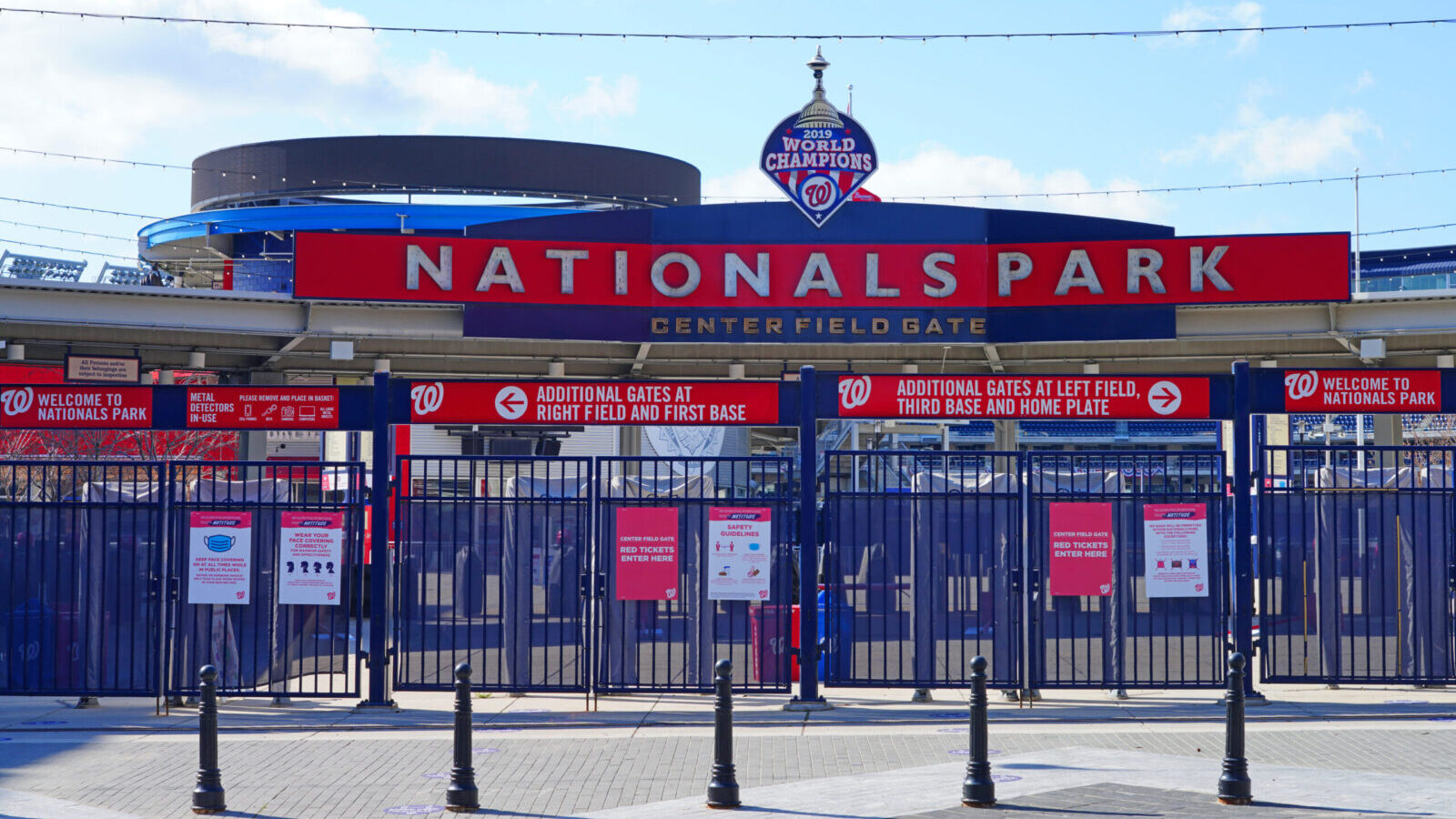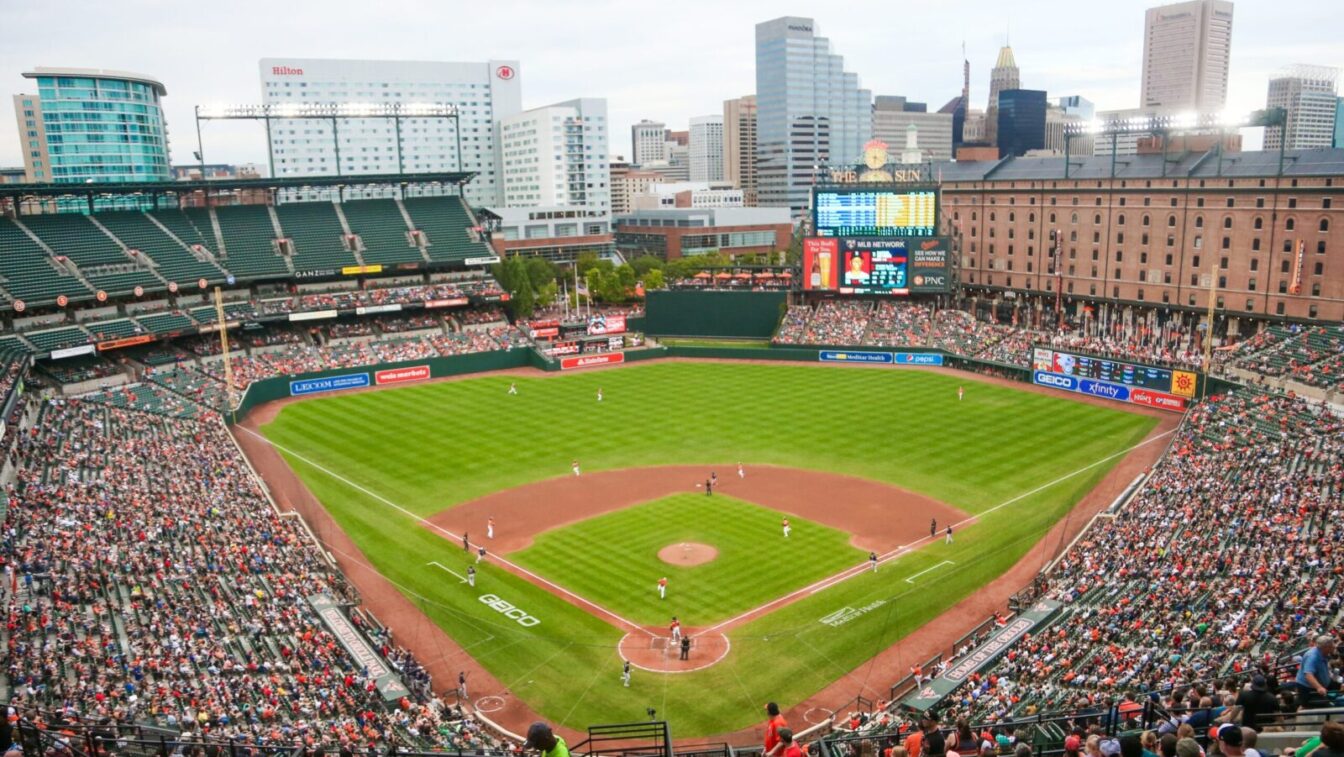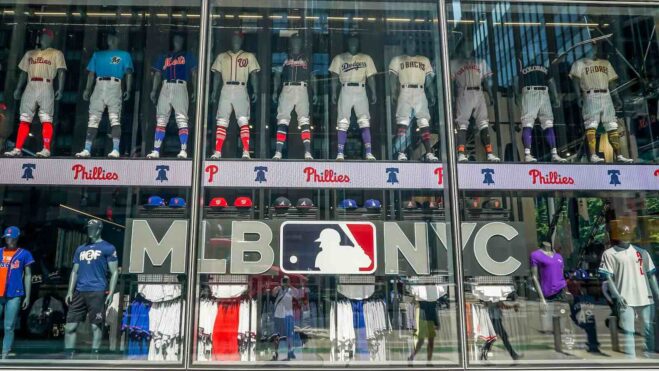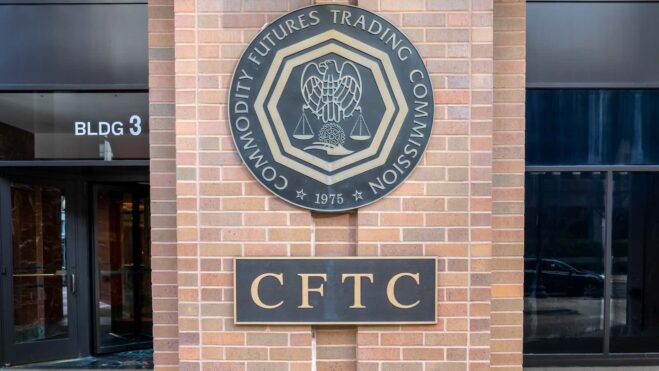Wagering Lawsuit: PASPA Still Applies In DC; Bettors Can Sue For Losses
The word ‘illegal’ isn’t in the 18th-century statute in question, lawyers say suit will be dismissed
2 min

A lawsuit filed last Friday suggests that the Professional and Amateur Sports Protection Act (PASPA) is still in force in Washington, D.C., and points to a statute dating to 1710 that would allow gamblers — or others — to claw back losses.
The lawsuit names the five operators (or their parent companies) in D.C. — BetMGM, Caesars, DraftKings, Fanatics Sportsbook, and FanDuel — as defendants. All five entered the market in 2024 after the DC Council opened the market to competition.
Filed by “DC Gambling Recovery LLC,” the complaint was first filed in D.C. Superior Court in February, but was moved to federal court last week. It’s unclear who exactly is behind the lawsuit, and multiple members of the responsible gambling community and D.C. metro-area based lawyers say they don’t know who the group is representing.
Given some of the language in the complaint, it appears to have been filed by someone or some group representing or purporting to represent those with gambling addiction.
General consensus among lawyers called by Casino Reports is that the suit has no legs. “Whatever the case is I don’t think that anyone is going to seriously entertain this, but who knows?” said Jeff Ifrah, founder of the iDevelopment and Economic Association (iDEA).
“If the regulator steps in and regulates the activity, then the ability for someone to come in and file a lawsuit on some sort of ‘humane’ grounds … I don’t think you should be able to do that. Once the regulator has stepped in and started regulating, then the issue is moot.”
Tenth Amendment in play?
Multiple lawyers dismissed the idea that PASPA is still in force in Washington, D.C. In the filing, the plaintiffs wrote, “The District apparently thought that the Supreme Court’s New Jersey (PASPA) decision no longer applied to it. But that is wrong. The Tenth Amendment does not apply to the District of Columbia, so PASPA’s prohibition remains in full force in the District.”
The Tenth Amendment essentially says that any powers not directly allowed or banned by the Constitution are states’ rights issues.
In the complaint, the plaintiff’s lawyers went on to write “New Jersey did not purport to discuss PASPA’s potential application to non-States, such as Washington, DC.”
Should a judge ultimately uphold this argument, it would put into question the legality of sports betting in D.C. as well as Puerto Rico, the only U.S. territory that currently offers it.
Word missing in statute?
Beyond the question of whether or not sports betting is actually legal in the nation’s capitol, DC Gambling Recovery LLC lawyers argue that a law that originated in England in the 18th century would allow losing bettors to “sue the winning party for the value of losses exceeding $25.”
Referred to as the Statute of Anne in the complaint, the D.C. law is what’s referred to as a “recovery loss” statute. The statutes exist in many other states, mostly ones that were colonized and initially took their legal structure from England. In the British version of the statute, losing bettors have three months to sue for losses made during illegal gambling. Following that, anyone can bring a suit for treble (three times) damages.
DC Statute 16-702 is similar to the original text. But it does not include the word “illegal” in reference to gambling. And this omission appears to be what DC Gambling Recovery is hanging its complaint on.
The complaint itself is an eloquently written history lesson that one lawyer called “dramatic.” But it details the journey of the Statute of Anne from Britain to the colonies, where it was adopted in Maryland. The District of Columbia was initially part of Maryland before it was partitioned in 1801. At that time, according to the complaint, “it preserved (as a matter of custom) both British common law and statutes that had been in force in Maryland at that time.”
Fast forward to the 21st century. The DC Council in 2019 legalized citywide digital sports betting. Initially, the only platform available throughout D.C. was GamBetDC, operated by lottery vendor Intralot on behalf of the DC Lottery. Since then, the DC Council opened up the market, and five national operators have been offering platforms since July 2024.






